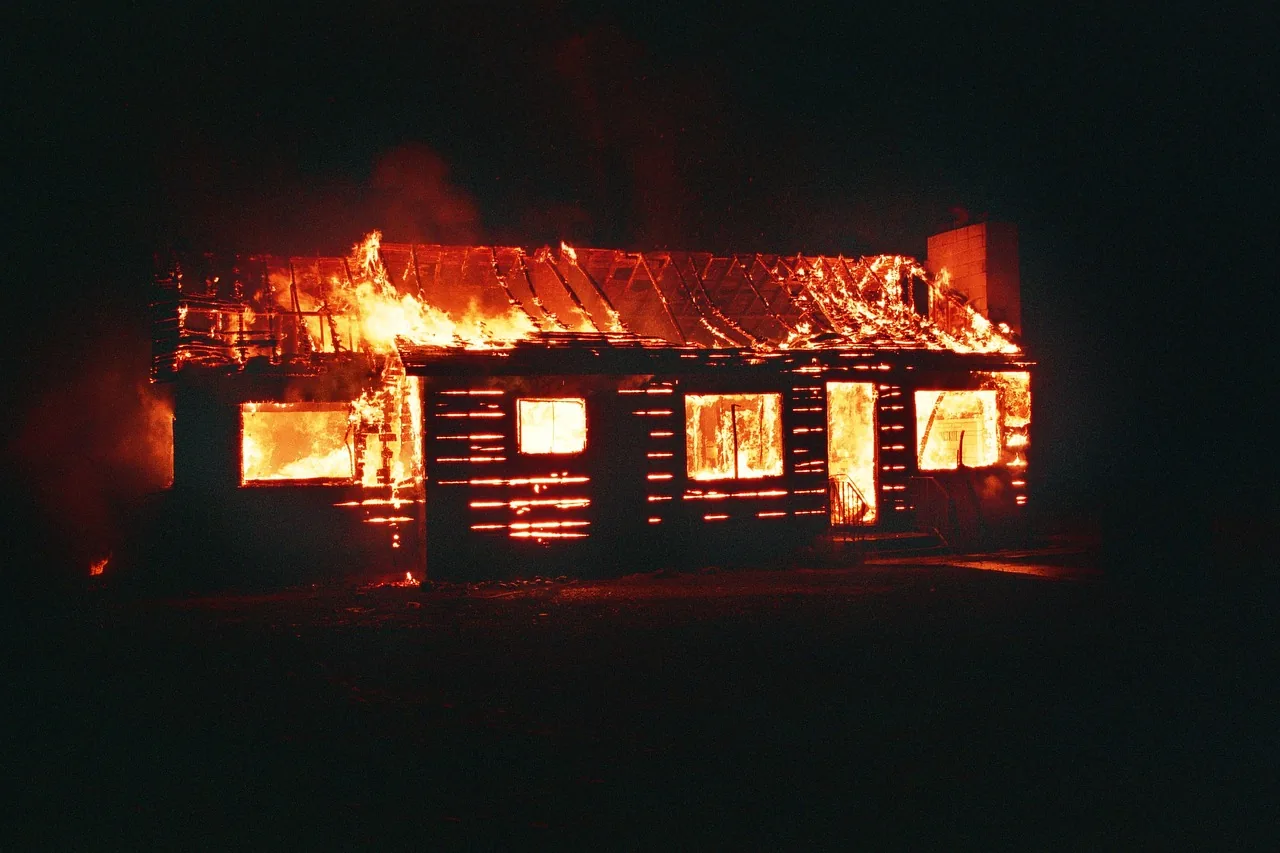Safety 101: How To Control a House Fire
House fires are much more common than you may think and are no joke. If you ever accidentally catch something on fire, you know it takes just a few minutes for a fire to become life-threatening. If it is an emergency, the best thing you can do is call 911 and alert the professionals handling these threats for a living. However, regarding house fires, you still have an opportunity to act fast and make quick decisions that may change the outcome of the situation – you may even save a life or two!
Information About Fires
- Fires burn fast: A small flame takes less than 30 seconds to transform into a severe fire. Additionally, an entire house takes less than five minutes to engulf flames.
- Fires create dangerous heat: The heat of a fire is the most threatening element. From the ground up, room temperatures during a fire can begin at 100 degrees and rise to an intense 600 degrees at face level.
- Fires produce complete darkness: Initially, the light of flames makes the fire appear bright. However, big flames quickly lead to excess black smoke and darkness.
- Fires are lethal: National Fire Protection Association (NFPA) statistics reveal that inhaling noxious gases and smoke causes more deaths than the flames themselves. The primary cause of fire-related deaths is Asphyxiation, beating out burns by a 3-1 ratio.
Putting Out a Small House Fire
Different types of fires require different methods to control the situation and prevent burn injuries. Here are some important distinctions:
- Electrical fires – Whatever you do, do NOT use water! Turn off the power of whatever started the fire, and quickly smother it with a clean, nonflammable blanket. Another suggestion is to use a Type C fire extinguisher.
- Gas fires – Quickly shut off the gas supply. Smother the fire with the thickest rug, and then put out the fire with a Type B extinguisher or cold water.
- Cooking fires – According to the U.S. Fire Administration (USFA), these are the most common cause of residential fires. If a grease fire spreads in your kitchen, do not use water to put it out. Firstly, turn off the heat source and cover the pan with a metal lid. If you cannot do this, the next best option is smothering the flames with a ton of baking soda. A Type A:B:C fire extinguisher will also be suitable.
More Articles by Brentwood Wrongful Death Lawyer, Ed Smith:
- Brentwood Accident Leaves Prius Underneath Pickup Truck
- Reducing Brentwood Car Accident Rates
- Brentwood Wrong Way Driver Injury Accident
Brentwood Wrongful Death Lawyer
I’m Ed Smith, a Brentwood Wrongful Death Lawyer. If you or someone you hold close to your heart has been seriously harmed or killed in an accident that involved negligence, you can call me at (925) 428-5220 or (800) 404-5400 for compassionate, free, and friendly advice. Additionally, you can communicate with me through my website, autoaccident.com
I have over three decades of experience working with Northern California – including Brentwood – residents to ensure that they are granted their rightful compensation for their various wrongful death and traumatic injury claims.
Find a comprehensive list of my client reviews on Avvo, Google, and Yelp.
A handful of my past settlements and verdicts are available here.
I am a Million Dollar Advocate, belonging to their California Chapter of trial lawyers recognized for winning verdicts or settlements of at least one million dollars.
Image by: Author Pexels via Pixabay
:jf [cs 634] cv

